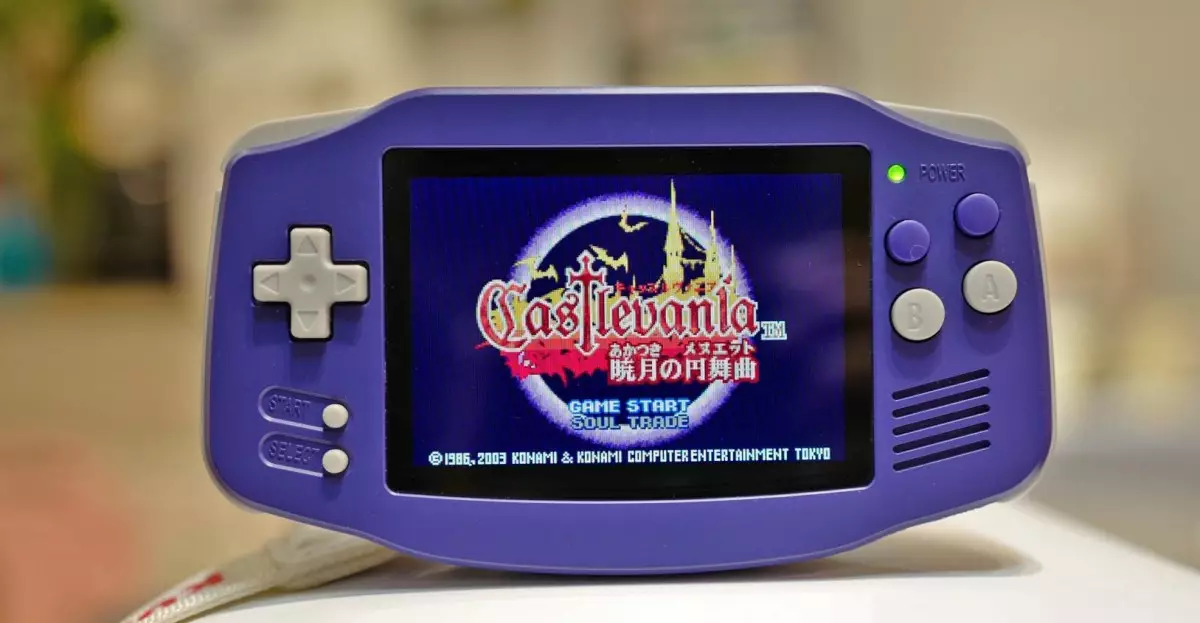In the expanding universe of retro gaming, Anbernic has carved a niche for itself by delivering affordable handheld consoles that pay homage to the cherished devices of yesteryear—like the Nintendo Game Boy. However, as U.S. trade policies shift under the shadow of proposed what might seem dramatically high tariffs, Anbernic faces an uphill battle that could reshape the gaming landscape as we know it. The domain of cheap gaming hardware is set for a seismic shift, particularly as tariffs could inflate prices and potentially disrupt the supply chain that this beloved company has carefully cultivated.
The crux of the issue lies in former President Trump’s threatened tariffs of up to 245 percent on various Chinese goods. Anbernic’s CEO, in a strategic pivot, announced a suspension of shipments to the U.S. from China, sending ripples of concern through the retro gaming community. These tariffs, coupled with the removal of the de minimis exemption for low-priced imports, cast doubt over whether Anbernic can continue to offer its products at the low price points that have made them an intoxicating option for nostalgic gamers. Anbernic’s pause creates a challenging environment where enthusiasts find themselves at the mercy of external economic policies that don’t align with their passions.
The Impact on Retro Gaming Culture
Anbernic has emerged as a champion for gamers who treasure the nostalgia of vintage gaming experiences—providing affordable access to portable consoles that successfully emulate the charm of the originals. However, this new tariff environment could disrupt the delicate ecosystem of retro gaming. What’s truly disheartening is that these tariffs threaten to eliminate the affordability that has drawn customers to Anbernic in droves. With the average price hovering around $70, this accessibility is not merely a company strategy but a revelation for collectors and casual players alike who seek to relive their childhoods without breaking the bank.
In an age where gaming can sometimes cost a fortune, Anbernic’s reasonable pricing has opened door for a diverse audience. With the specter of higher prices looming large, many may be forced to rethink their engagement with retro gaming as the cost of admission could skyrocket to an unmanageable level. What once was a thriving subculture, fueled by accessible technology and enthusiastic players, is in danger of being choked by the encroaching realities of tariff-induced inflation.
Logistics and Localization: Anbernic’s Warehouse Strategy
Interestingly, Anbernic has been proactive about exploring the logistics of delivery by offering U.S.-based shipping options for some time now. This decision came not just as a tactical move but in response to concerns over the stability of international shipping. However, as tariffs loom, the emphasis on ordering from U.S. warehouses has intensified, transforming from a recommendation into a necessity. While customers can still technically place orders for devices coming from the Chinese warehouses, the narrative currently paints a picture of uncertainty; facing the unpredictability associated with tariffs can be daunting for potential buyers.
The ease of U.S.-based orders might mitigate some of the impacts caused by fragile international trade relations, yet the future remains uncertain. As Anbernic suggests prioritizing purchases from their U.S. warehouse, one can’t help but wonder whether this strategy is sustainable as tariffs threaten to reshape global supply chains.
Moreover, the dwindling support for shipping from China raises concerns about accessibility and availability. Retro gaming aficionados may have to settle for third-party purchases or browse platforms like Amazon for compatible devices, a scenario that could create unforeseen market distortions.
The Road Ahead: A Call for Adaptation
Given the challenges at hand, Anbernic, along with other companies affected by these policies, may need to innovate or diversify their offerings. The retro gaming community craves not just access to niche products but also a robust pipeline that ensures longevity and reliability. Perhaps exploring manufacturing options in regions less affected by rising tariffs or developing local partnerships could serve as potential lifeboats amidst the economic storm.
In navigating this turbulent terrain, Anbernic and similar companies must strive to uphold the values that resonate with their audience—affordability, nostalgia, and the wonderful world of gaming. Consumers ought to remain vigilant and active participants in this evolving landscape, as the realities of global trade shape not just prices, but the very essence of our gaming experiences. As the world watches, we remain hopeful for a path that preserves the spirit of retro gaming for generations to come.

